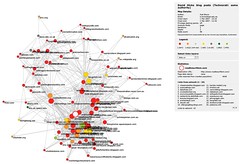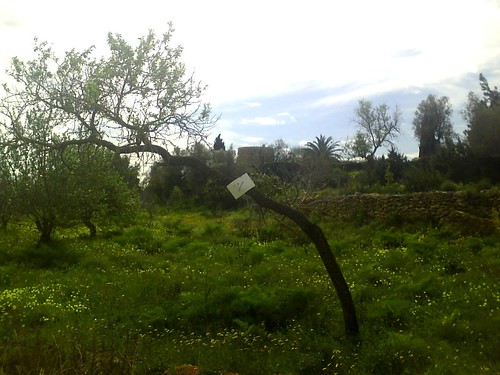Ross Priory, Scotland (no sign of ghosts as yet).
Hamish McLeod and Jen Ross are the next presenters (full paper here). They explore metaphors for being an online tutor, and begin with a brief quote from Wikipedia on online tutoring, which presents a very matter-of-fact take on the issue that may not quite plumb the full depths of the question. The potential move of teachers from 'sage on the stage' to 'guide on the side' has been much highlighted, of course, but also doesn't quite cover this issue; traditional positions of the teacher are now much criticised, but exactly what role might come to replace them (if such replacement does take place) isn't very clear at this point.














